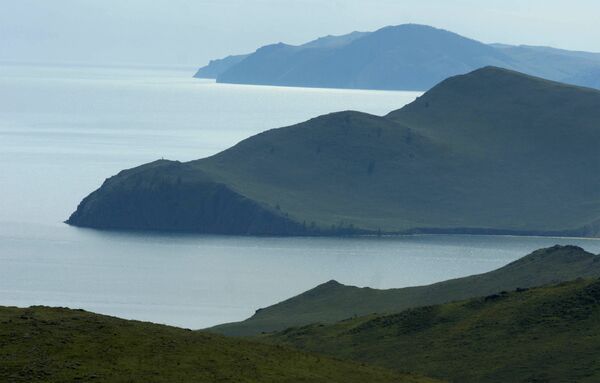People still have not destroyed the biological diversity of Lake Baikal, deputy director of the Limnological Institute of the Russian Academy of Sciences said on Saturday.
"The level of Lake Baikal's biological pollution is low, it can be compared to the pollution of the Arctic Ocean," Alexander Suturin said.
However, the areas close to Baikal Pulp and Paper Mill are seriously affected, he added.
Suturin emphasized that biological pollution is more dangerous than the chemical one, as pathogenic and microbes oust the lake's unique flora and fauna.
The Russian and international environmental organizations were concerned in the past decades over the ecological state of the planet's largest freshwater lake. The Baikal Pulp and Paper Mill, launched in 1966, was considered as the main danger to the lake. In September 2008 the plant was switched over to a closed water cycle under the demand of the Russian Nature Resources Ministry
Lake Baikal, the world's largest freshwater lake, is known for its natural beauty and biodiversity. Over 80% of the animals living in the lake are unique.
IRKUTSK, October 9 (RIA Novosti)


